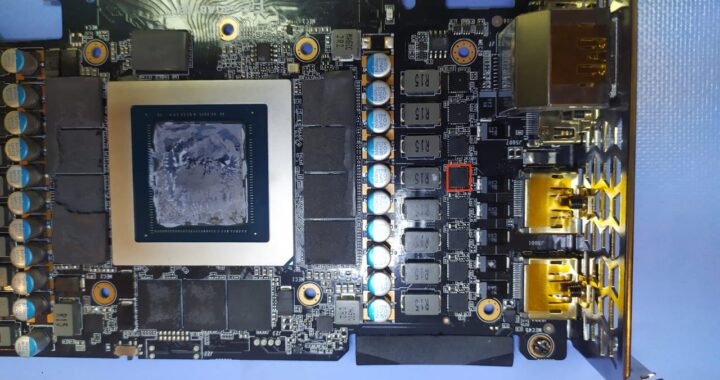Graphics cards are an essential component of any gaming or graphics-intensive system. However, like any other electronic component, graphics cards are prone to problems. If you are experiencing issues with your graphics card, you are not alone. In this article, we will discuss some common graphics card problems and how to fix them.
Common Graphics Card Problems -- Overheating:
Graphics cards generate a lot of heat, and if they get too hot, they can cause performance issues or even damage the card. Overheating can be caused by poor ventilation, dust build-up, or an inadequate cooling system. This is one of the common graphics card problems. To fix this issue, you can try the following:
- Clean your graphics card: Dust build-up can obstruct airflow and cause overheating. Use compressed air or a soft brush to remove dust from the graphics card.
- Improve ventilation: Make sure your computer has adequate ventilation. If your computer case has a fan, make sure it is working correctly and positioned to blow cool air over the graphics card.
- Upgrade your cooling system: If you have a high-end graphics card, you may need to upgrade your cooling system. You can install additional fans, replace the stock heatsink and fan with an aftermarket solution, or consider liquid cooling.
Driver problems:
Drivers are software programs that allow your operating system to communicate with your graphics card. If your drivers are outdated, corrupt, or incompatible with your system, you may experience graphics issues. To fix this issue, you can try the following:
- Update your drivers: Check the manufacturer's website for the latest drivers for your graphics card. Download and install the latest drivers, and then restart your computer.
- Roll back your drivers: If you recently updated your drivers and are experiencing issues, you can try rolling back to a previous version. Go to Device Manager, right-click your graphics card, and select Properties. Then, click the Driver tab and click Roll Back Driver.
- Uninstall and reinstall your drivers: If updating or rolling back your drivers doesn't work, you can try uninstalling and reinstalling your drivers. Use a program like Display Driver Uninstaller to remove your old drivers completely, and then reinstall the latest drivers.
Artifacting:
Artifacting is a graphics issue that causes abnormal visual artifacts, such as lines, dots, or squares, to appear on your screen. Artifacts can be caused by overheating, overclocking, or a defective graphics card. To fix this issue, you can try the following:
- Lower your graphics settings: Overclocking your graphics card can cause artifacts. Lower your graphics settings and see if the issue persists.
- Check your cables: Loose or damaged cables can cause artifacts. Check your cables and make sure they are secure and undamaged.
- Replace your graphics card: If none of the above solutions work, you may need to replace your graphics card.
In conclusion, graphics card problems can be frustrating, but many of them are fixable. If you are experiencing issues with your graphics card, try the solutions outlined in this article, and if all else fails, contact Graphics Card Repairs for assistance and we will resolve it for you.


